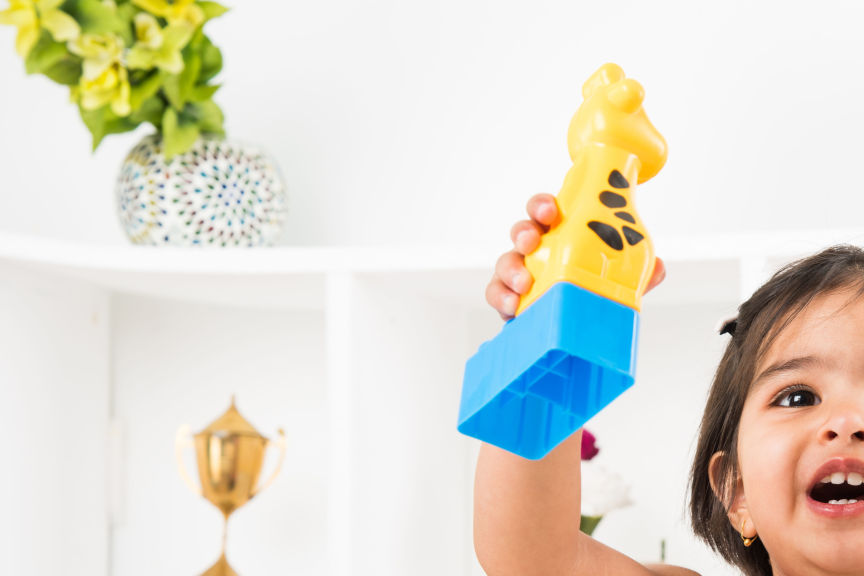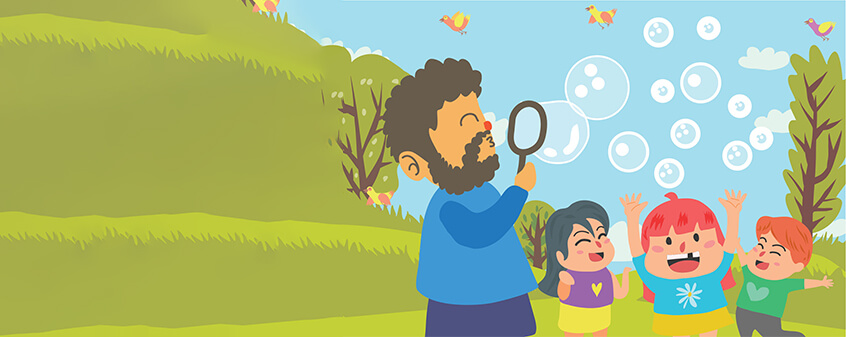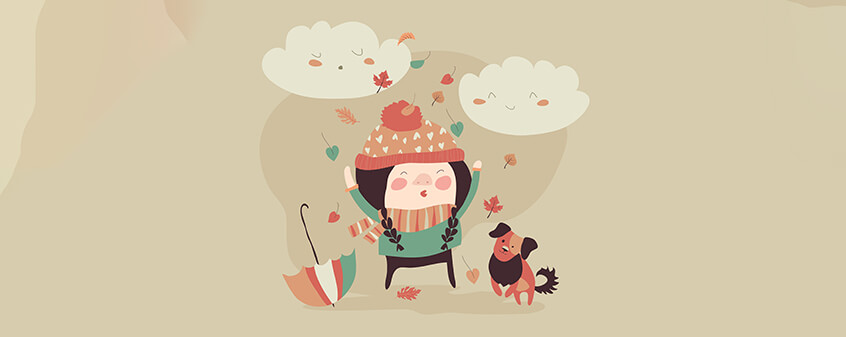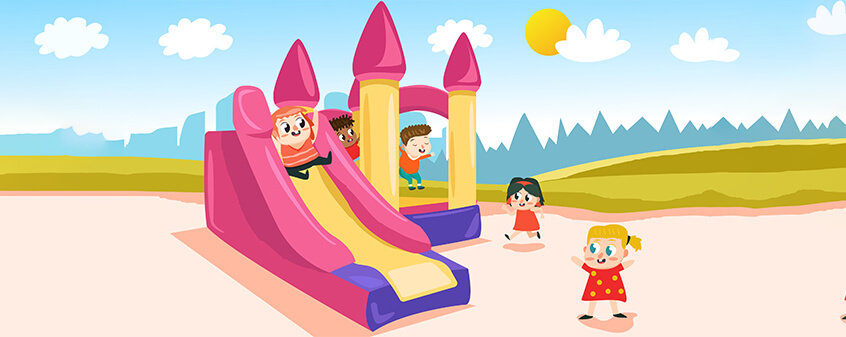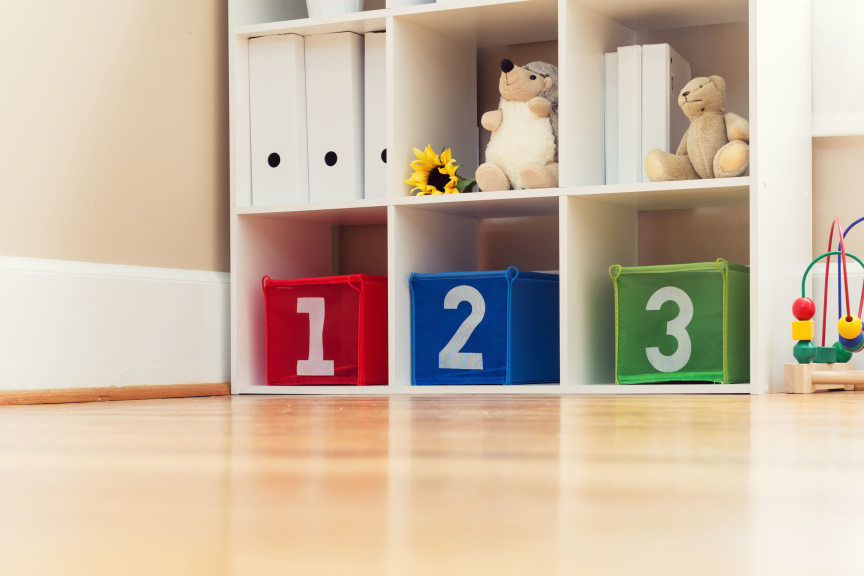Here's what to look for.
A play school or a preschool (no, there's no difference between the two) is a place where around 10-24 children spend 2 ½ to 3 ½ each day under the supervision of teachers.
Preschool education provides for the optimal development of children during their early years. Parents and teachers cooperate in providing the best possible environment for the growth and development of young children.
How important is preschool?
The early years see rapid growth and development. A child's brain develops faster than ever during the first five years. A child is born with more than enough brain cells to be highly successful. More than 100 billion! But it's not the number of brain cells that determines usable intelligence, it's the number of connections that are made between those brain cells.
These connections are formed by the experiences and thoughts that you give to your child via a rich, stimulating environment in the early years. That environment is made up of games, visits, conversations, experiences, activities and loving attention. These valuable and rich experiences are supplemented by a quality preschool.
What will my child learn in preschool?
Preschool prepares children for a lifetime of learning. In preschool, children are introduced to concepts in a fun, relaxed environment. Children see that learning is exciting and they want to learn more.
It gives them a jump-start to primary school. They develop a number of skills—pre-reading, pre writing, pre-math, science and social. They also develop an understanding of listening, following directions as a group, problem solving skills, sharing and taking turns. These are very important for future success in school.
Children in preschool learn an approach to learning itself. In other words, they learn how to learn. Depending on their preschool experiences, they can come to view learning as creative exploration, or as dull memorisation.
Do they learn ABCs and 1-2-3s as well?
In addition to social interactions, problem solving and language skills children are also introduced to basic concepts, including the alphabet and counting.
How old should my child be when he starts?
The earliest appropriate age for a child to begin preschool would be 18 months.
How long is a session? When do admissions begin?
The lengths of sessions vary from school to school. They could be from 2 to 2 ½ hours per day, five days a week. The admissions begin in the month of November/December.
How do I choose the right preschool?
Choosing a preschool for your child would require you to invest lots of time and energy in making the right decision.
The following variables should be considered while choosing a preschool.
-
Proximity to home
-
Ethnic/cultural diversity
-
Methodology
-
Approaches to discipline
-
Accreditation and licensing
-
Teacher- child ratio
-
Teacher qualifications, professional development training, staff turnover
-
Facilities: Hygiene, space, equipment and non-toxic, child-friendly materials.
-
Security of building and play area
-
Environmental factors—safety of neighbourhood, traffic near school,
-
Does your child have special needs? Can they be accommodated at this school?
What should I look out for when I visit a preschool?
1) Go as many times as possible before you make your decision. Any place can look great once. You need several visits to really get a feel for the school.
2) Are the children happy? Sick? Is it chaotic or orderly? How are fights or misbehaviour handled? How are kids handled if they're hurt or sad?
3) How are parents incorporated in the preschool program?
4) No place is perfect. Prioritize your wishes. Ultimately, you have to go with your gut.
5) Lastly, here are some things to remember to put the challenge of finding a preschool in perspective: Know your child. Know yourself. What does your child really need? What do you really want for your child?
There is no "best" school. No place is right for every family. Listen to recommendations of others, but always make the decision that is right for you.
Don't let fear of not getting into a "good" school rush your decision.
Does my kid need to be toilet trained?
Children should ideally be toilet trained before starting preschool. However, if the child is "almost" toilet trained it is alright. Children do have accidents sometimes and preschools are very well aware of this. Even the most toilet trained child can have an accident so preschools are not rigid with this policy. In case your child is not toilet trained make sure that you inform the school about the same.
Parents play a key role in toilet training. They need to set aside time for and have patience with the toilet training process. Parents can encourage their child to be independent and allow their child to master each step at his or her own pace.
How will I know about my child's progress?
Most preschools have parent-teacher meets wherein parents get the chance to interact with their child's class teacher and discuss the child in depth.
Teachers get to share their experience of having that particular child in the classroom, as well as any improvements in their children's behaviour or development.
It is also the perfect time for teachers to partner with parents and to find methods that will further increase their child's early education experience.
What's the daily routine?
An ideal preschool routine is a blend of structure and freedom. There should be a balance between child-directed and teacher directed activities, small- and large-group times, greeting time, and outdoor play time.
A consistent schedule is also very important and helps children build trust in the environment. Young children feel more secure when they can predict the sequence of events and have some control over their environment.
They delight in reminding the teacher that snack time comes next or telling a visitor that "now we go outside." In addition, predictability provides children with a basic sense of time, as they begin to learn what comes first, second, third, and so on in the day.
